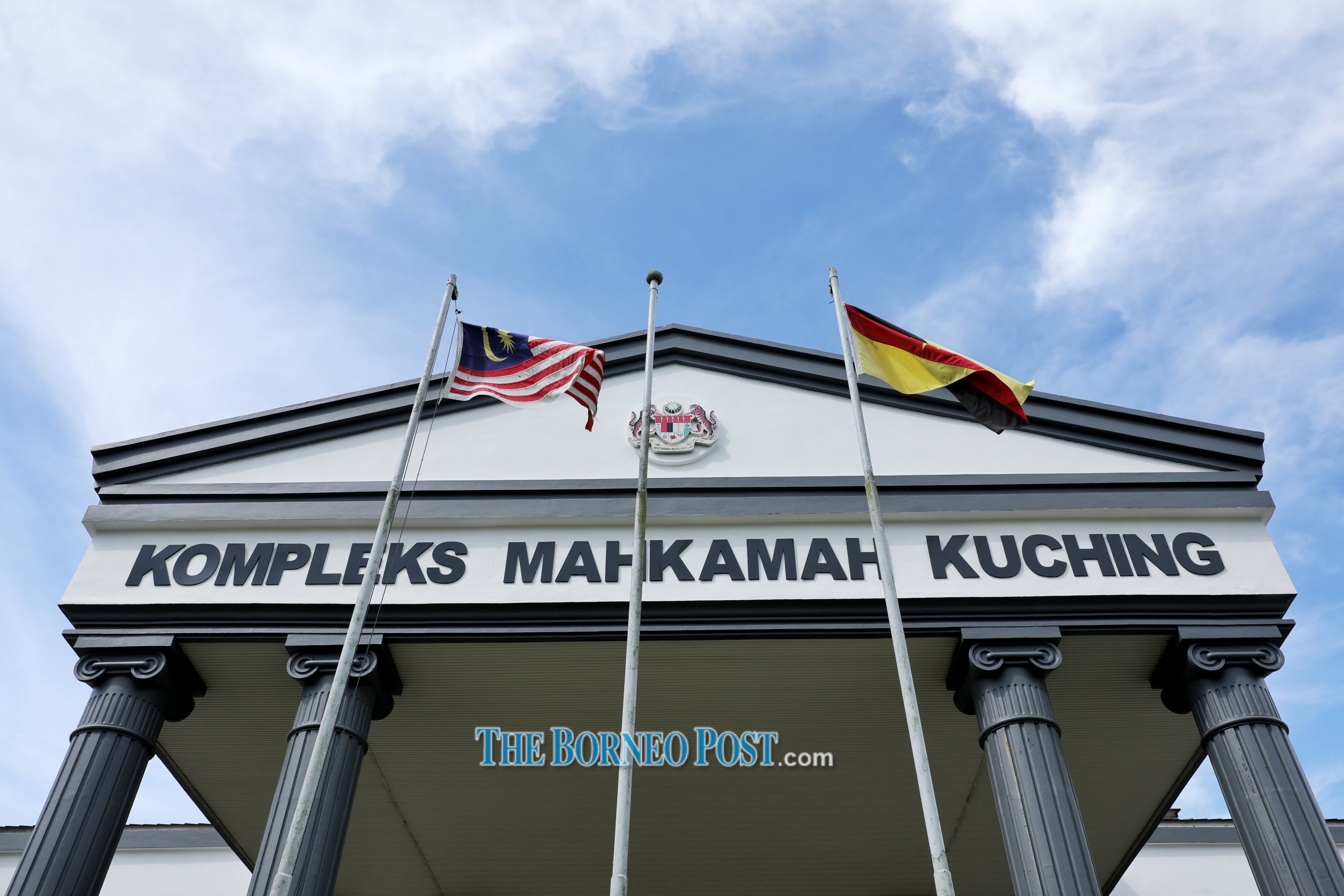ADVERTISE HERE

Dr Abdul Rahman delivers Abang Johari’s speech at the Maal Hijrah celebration at Masjid Jamek. — Photo by Roystein Emmor
KUCHING (July 14): Sarawak Premier Datuk Patinggi Tan Sri Abang Johari Tun Openg, in highlighting the spirit of ‘Hijrah’, called upon all Sarawakians to continue to move forward with a clear vision and not remain stagnant.
He said this in his address read by deputy minister of Utility and Telecommunication Datuk Dr. Abdul Rahman Junaidi at the closing of the three-day Maal Hijrah celebration at Masjid Jamek here today.
While calling upon the people to remain resolute in their pursuit of positive change, he said the state government also embraced the spirit of hijrah through initiatives that explore new fields, particularly in technology, biodiversity, and sustainability.
“Most recently, we have been developing the Sarawak Hydrogen Roadmap through the Ministry of Energy and Environmental Sustainability.
“Through this comprehensive action plan, we can leverage the vast potential of hydrogen energy and potentially make Sarawak a pioneer in the hydrogen economy in this region,” he said, adding that these initiatives would yield significant benefits for the people of Sarawak.
He further pointed out the state government’s efforts to advance the agricultural sector and develop the rural areas by utilising technology in the food security sector, such as in rice production.
“What I want to emphasise here is that we should always look forward and have a clear vision so that we do not remain stagnant.
“Therefore, we need to embrace the spirit of ‘hijrah’ because only through true migration can we continue to move forward,” he stressed.
Meanwhile, on the Maal Hijrah celebration organised by the Sarawak State Mosque Welfare Trust Board (LAKMNS), Abang Johari commended LAKMNS for its significant role in establishing the mosque as a respected institution.
“This is what mosque management or committees should do to ensure that these institutions remain relevant and responsive to community needs as long as they do not go overboard the ‘shariah’ (Islamic law) boundaries,” he said.









 English (US) ·
English (US) ·